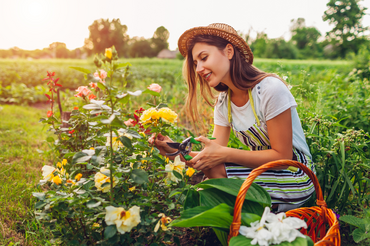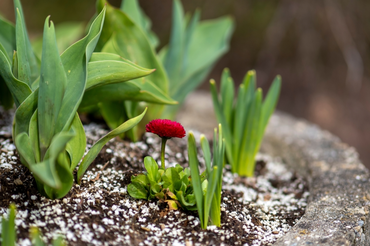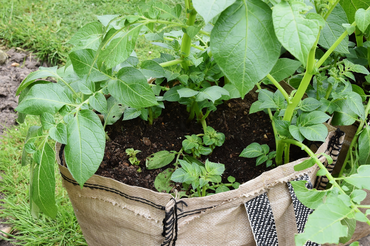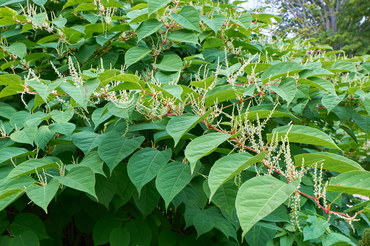
When the temperature soars in summer, we’re not the only ones needing a cool refreshing drink of water. Keeping our plants watered is vital to their health, so here are our top tips on watering your plants in summer.
Why Plants Need water
Plants need water for the same reason we do, to keep hydrated so that their cells can function. In addition, plants can only absorb nutrients from the soil when those nutrients are dissolved in water, so regular watering is essential to keep plants alive and fed. Many plants from dry areas have adapted to cope with periods of drought, but all plants still need some water to survive.
Garden Watering Equipment
You don’t need complicated equipment to water plants – anything that will hold water will do in a pinch. However, a wide range of equipment is available to make watering easier and more effective.
- Watering cans are inexpensive and work well for watering pots and seedlings. However, using a watering can is time-consuming if you have lots of pots, and they are not practical for a big garden.
- A hosepipe attached to a garden tap is easier to use and more useful than a watering can but can still be time-consuming. To conserve water, attach a spray gun to the hose pipe so that you can direct the water exactly where it’s needed.
- If you don’t have time to water your garden by hand, you could install an irrigation system such as a soaker hose, drip hose, or sprinklers. These systems can be connected to a timer or even controlled via an app on a smartphone.
5 Tips on Watering Plants Effectively
-
Water in the evening or early morning when the temperature is cooler to reduce water loss through evaporation.
-
Water container plants, even if it has rained, as their foliage can act as an umbrella stopping rain from reaching the compost below. Use your finger to check whether the compost is still moist below the surface.
-
Water newly established trees and shrubs thoroughly at least once a week in the first year after planting. A good soaking every few days is better for plants than a light watering every day, encouraging roots to grow deep in search of water and making plants more drought-resilient in dry periods.
-
To save water, connect a water butt to a downpipe to collect the rainwater that comes off your roof, and use this for watering your plants.
-
If you’re going away for a few days, make a self-watering system for your pots. Find an empty wine or plastic water bottle with a cap. Pierce a hole in the lid, fill the bottle with water and stand it upside down in the pot. The water will gradually trickle out of the bottle into the soil over a couple of days.
Keep your garden well watered this summer with our extensive range of watering equipment. Our friendly staff are always happy to advise!




